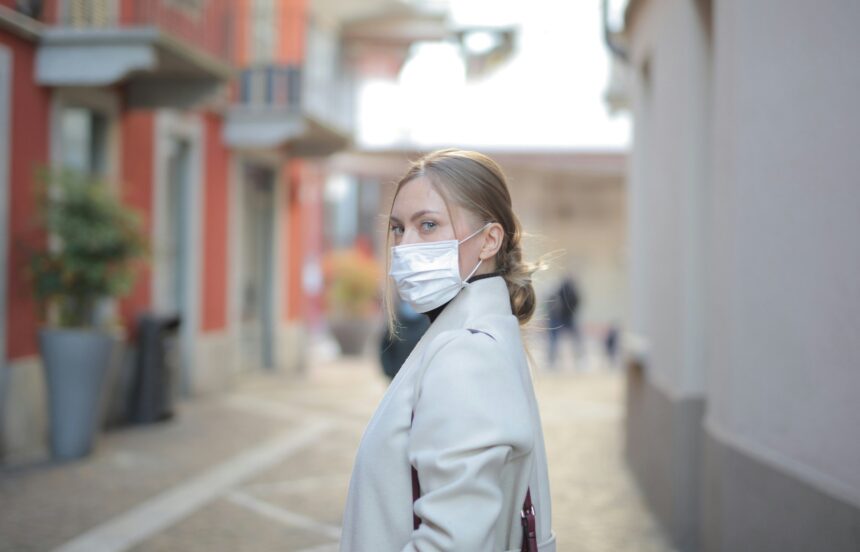Childhood cancer survivors face a higher risk of developing severe cases of COVID-19, according to a recent study conducted by Karolinska Institutet and published in The Lancet Regional Health—Europe. The research focused on over 13,000 individuals who had been diagnosed with cancer before the age of 20 and were at least 20 years old when the COVID-19 pandemic emerged.
Although childhood cancer survivors were found to have a lower risk of contracting COVID-19 compared to the general population, they were 58% more likely to experience severe disease if they did become infected. Severe cases were defined as those requiring hospitalization, intensive care, or resulting in death related to the infection.
Lead researcher Javier Louro, a postdoctoral researcher at the Institute of Environmental Medicine at Karolinska Institutet, emphasized the importance of recognizing childhood cancer survivors as a vulnerable group during health crises. The study highlighted the need for special consideration and potentially prioritizing this group for vaccination or providing enhanced protection during periods of high transmission.
The study also noted variations in risk based on the pandemic management strategies of different countries. For instance, in Sweden where recommendations were favored over restrictions, the risk for childhood cancer survivors was higher compared to Denmark, which implemented strict measures early on.
The collaboration between Karolinska Institutet and the Danish Cancer Institute sheds light on the long-term health implications for childhood cancer survivors, even years after their initial diagnosis. The findings underscore the importance of tailored healthcare strategies for vulnerable populations during pandemics and other health crises.
For more information on the study, readers can refer to the publication in The Lancet Regional Health – Europe with the DOI: 10.1016/j.lanepe.2025.101363. The research was made possible by the contributions of Karolinska Institutet, a leading medical university in Sweden.
As the world continues to navigate the challenges posed by COVID-19, it is crucial to consider the unique needs of childhood cancer survivors and other at-risk groups to ensure their well-being and safety in future health emergencies.








